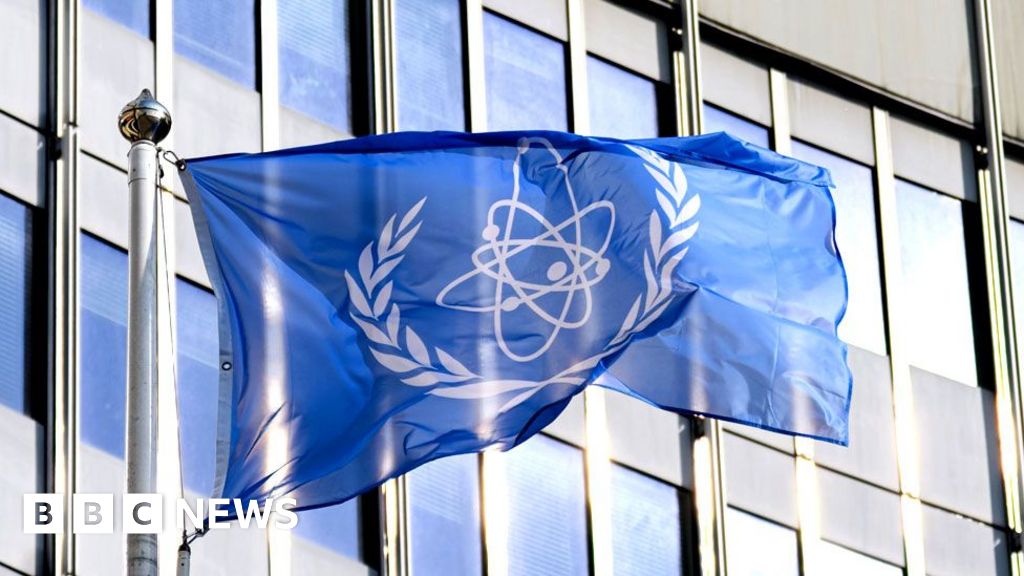IAEA Declares Iran in Breach of Nuclear Obligations
The board of governors of the International Atomic Energy Agency (IAEA) has officially stated that Iran is in violation of its non-proliferation commitments for the first time in two decades.
Nineteen out of the 35 member countries on the IAEA board supported the motion, which received backing from the United States, United Kingdom, France, and Germany. The IAEA’s report highlighted Iran’s numerous failures to answer questions regarding undeclared nuclear materials and activities, indicating non-compliance. Additionally, concerns were raised about Iran’s enriched uranium stockpile, which could be utilized for both reactor fuel and nuclear weapons.
Iran has condemned this resolution as politically motivated, announcing plans to establish a new enrichment facility. This follows a recent IAEA report criticizing Iran for its “general lack of cooperation,” revealing that Iran has enough uranium enriched to 60% purity—close to weapons-grade—for potentially constructing nine nuclear bombs.
Iran asserts that its nuclear endeavors are solely peaceful and that it has no intention of developing or acquiring nuclear weapons. Under a pivotal 2015 agreement with six global powers, Iran committed to limiting its nuclear activities and subjecting itself to rigorous monitoring by IAEA inspectors in exchange for relief from severe economic sanctions.
However, this agreement was abandoned by U.S. President Donald Trump in 2018, who claimed it did not sufficiently prevent Iran from developing nuclear weapons, leading to the reimposition of U.S. sanctions. Since 2019, Iran has progressively breached the deal’s restrictions, particularly concerning enriched uranium production, as retaliation.
During the IAEA meeting in Vienna, three countries—Russia, China, and Burkina Faso—opposed the resolution, while eleven countries abstained and two did not participate in the voting. The board expressed disappointment over Iran’s lack of full cooperation, highlighting that the inability to verify Iran’s nuclear program as strictly peaceful raises questions for the United Nations Security Council.
The issue may be escalated to the Security Council, which has the authority to reinstate former UN sanctions if Iran does not rectify its obligations. European nations have warned that this could happen later this year unless Iran changes its current course. In a joint statement, France, Germany, the UK, and the U.S. noted that the board’s decision provides Iran with an opportunity to meet its obligations and address the IAEA’s significant concerns regarding undeclared nuclear material and activities.



